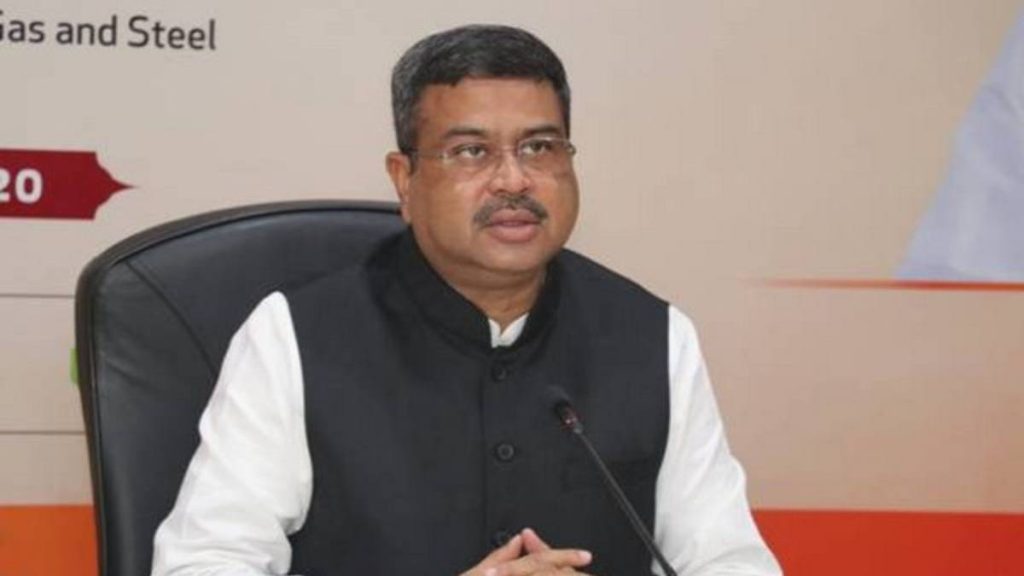Union Education Minister Dharmendra Pradhan on Sunday criticised the Tamil Nadu government for opposing the three-language policy under the National Education Policy (NEP 2020), saying the Centre is not imposing any language and that political motives are driving the controversy.
“What is the problem with a third language? In Tamil Nadu schools, many languages are already being taught — Tamil, English, Telugu, Urdu, Malayalam, Kannada. When so many languages are taught alongside Tamil and English, why object to a third language? This is a political decision of Tamil Nadu,” Pradhan said during a press conference.
He emphasised that the policy allows flexibility: from Classes 1-5, students learn two languages, and from Classes 6-10, three languages are taught — with one being the mother tongue and the others the student’s choice. “The Government of India is not forcing any language. Those opposing it are driven by political ideology and trying to create a new mindset in society,” he added.
Pradhan cited examples from other states, noting that in Uttar Pradesh, students can choose from Hindi, English, Marathi, or even Tamil. He highlighted that only about 10% of Indians speak English, stressing the importance of multilingual education. “Those who tried to create divisions based on language have failed. Society has moved beyond that,” he said.
Responding to allegations of withholding education funds from Tamil Nadu, Pradhan rejected claims of discrimination. He said the Union government has consistently provided funding for various schemes, including PM Poshan (midday meal) and adult education programmes, and assured full cooperation on RTE and Samagra Shiksha funding, while emphasising the need for proper coordination with the state government.
Earlier this year, Tamil Nadu had approached the Supreme Court alleging the Centre withheld over ₹2,000 crore under the Samagra Shiksha Scheme, a claim Pradhan addressed by stating that the courts have directed the primary responsibility for RTE funds lies with the state.
